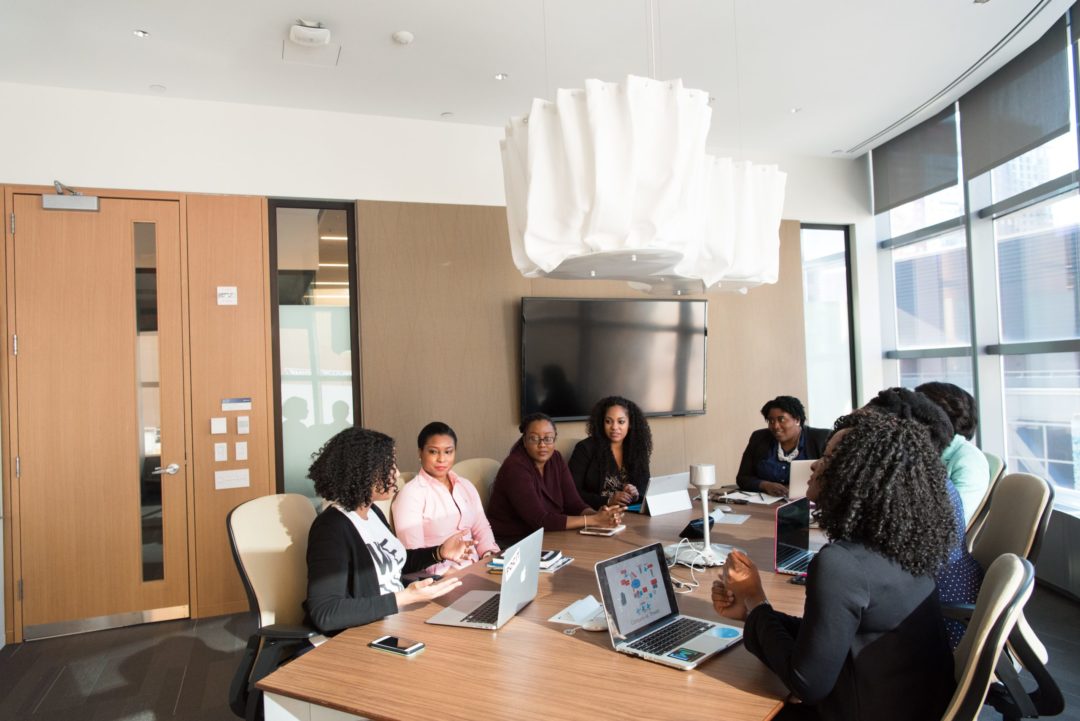This article was contributed to TechCabal and co-authored by Sarah Dusek, Founder of Enygma Ventures; Tebogo Mokwena, Founder of Akiba Digital
Are you tackling a big problem that solves global challenges? Does your solution improve the lives of ordinary people? Is there a large enough market to achieve growth and scale?
Over the last 3 years, there has been an improved focus on, and support for, women-led businesses in Africa. In 2021, female founders across the continent attracted $288 million in funding, which is considerably more than the $52 million achieved just two years prior1. But while this is an impressive shift, female-led startups are still receiving considerably lower venture funding than male-led startups.
African female entrepreneurs neither find themselves at the back of the funding ladder because they lack business skills; nor because they do not work as hard as their male counterparts. Rather, the shortfall of funding for women can be attributed to a laundry list of reasons, stemming from a history of exclusion and the daily socio-cultural challenges that African women face as a result.
In addressing this imbalance, mentorship programmes have been designed to support female founders. In these programmes, emerging female entrepreneurs are matched to mentors who have relevant industry experience and expose them to founder-focused education.
While we must not detract from the impact these programmes have on supporting the next generation of female founders; we must remember that theory is nothing without practice and practice is ineffectual without knowledge.
If we want to effectively help female founders build impactful businesses, we have to provide them with the information they need to inform their decision-making. When it comes to fundraising, this means informing female founders on the metrics investors use to evaluate potential portfolio companies.
And the question on everyone’s mind is this: what do investors look for in a potential portfolio company?
For women-focused venture capital firm, Enygma Ventures, these 3 questions are key:
- Are you tackling a big problem that solves global challenges?
- Does your solution improve the lives of ordinary people?
- Is there a large enough market to achieve growth and scale?
If women-owned startups are able to correctly answer those questions, they stand an infinitely better chance at securing funding.

An example of this is Akiba Digital, which recently secured a pre-seed raise of US$1.1 million. Akiba Digital attributes much of its success to the business’s foundational belief in harnessing the power of technology to reduce financial barriers to entry and support greater inclusion (thereby answering question one), by enabling small businesses to unlock financing through specialised lending partners (question two). This is marked by the businesses intent to scale to over 20,000 small businesses in the medium-term (question three).
By addressing these queries, startups effectively communicate to investors that they have a business plan in place that is realistic – while not being overly optimistic – and can achieve results. From here, it is also easier to answer more specific questions, such as: Do you have a minimal-viable product? What is your customer acquisition cost? And, what is the customer lifetime value of your solution?
Given that women have a greater trickle-down effect on the communities they serve, it goes without saying that increasing our investment into female founders is good for both the economy and society at large. A model example of this is Black Mamba, which actively supports female farmers to grow their chilli products. The income generated is largely the only income for rural communities in Eswatini, which puts children through school and enables people to earn a living staying in their communities rather than migrating to cities.
But, to realise the impact that female founders have in their societies, and attract investments, more female founders need to start thinking like investors.















